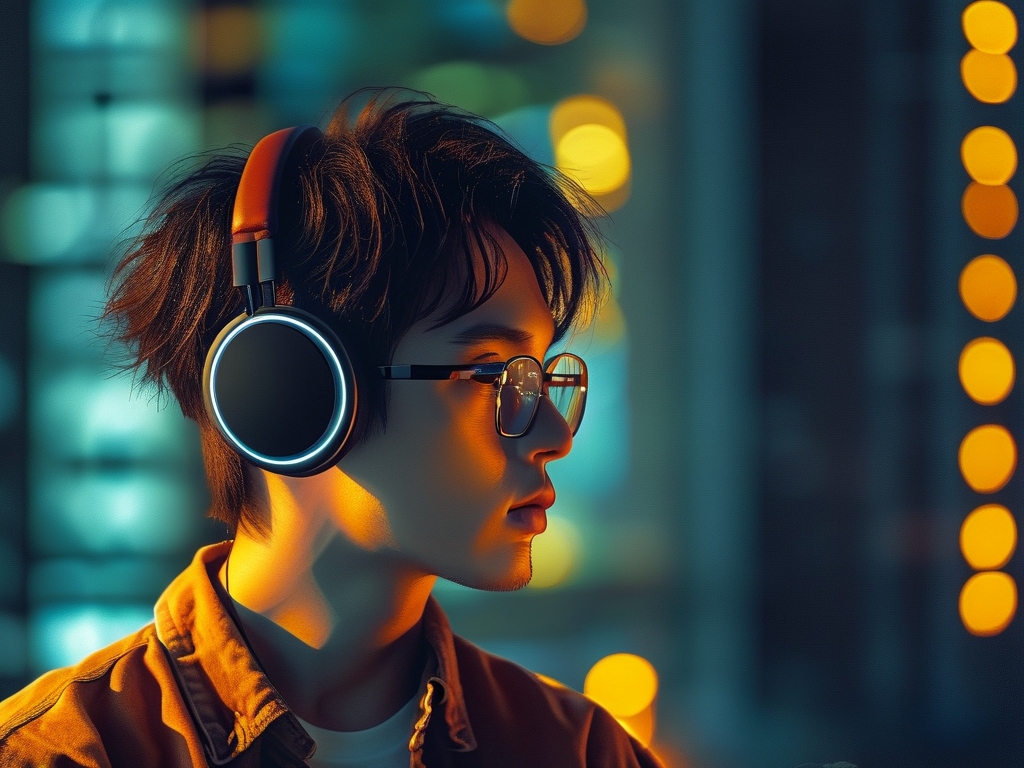In the ever-evolving field of user experience (UX) and interaction design, professionals like Yin Hong stand out for their ability to merge creativity, technical skill, and user-centric thinking. With over a decade of experience in designing intuitive digital interfaces, Yin Hong’s resume reflects a journey marked by innovation, collaboration, and measurable impact. This article delves into his career trajectory, key projects, design philosophy, and the qualities that make him a sought-after interaction designer in today’s competitive tech landscape.

Career Trajectory: From Foundations to Leadership
Yin Hong began his career in the mid-2010s, a period when mobile apps and responsive web design were gaining momentum. Armed with a degree in Human-Computer Interaction (HCI) from a prestigious university, he started as a junior UX designer at a mid-sized software firm. His early work focused on optimizing e-commerce platforms, where he honed skills in wireframing, prototyping, and usability testing. Within three years, his ability to translate complex user needs into elegant solutions earned him a promotion to lead designer.
By 2020, Yin transitioned to a senior interaction designer role at a Fortune 500 tech company. Here, he spearheaded projects for global clients, including redesigning a flagship productivity app used by millions. His contributions reduced user onboarding time by 40% and increased customer satisfaction scores by 25%. Today, Yin serves as a principal interaction designer at a cutting-edge AI startup, where he oversees cross-functional teams to build adaptive interfaces for machine learning-driven applications.
Core Competencies and Technical Mastery
Yin Hong’s resume highlights a robust skill set tailored to modern design challenges:
- User Research & Journey Mapping: Proficient in qualitative and quantitative methods, from conducting ethnographic studies to analyzing A/B test results.
- Prototyping Tools: Expertise in Figma, Sketch, Adobe XD, and advanced animations using Principle and Framer.
- Design Systems: A track record of creating scalable UI component libraries that ensure consistency across products.
- Collaboration: Strong experience working with developers, product managers, and stakeholders using Agile methodologies.
Notably, Yin has also embraced emerging technologies. He recently led a project integrating voice-user interfaces (VUIs) into a healthcare app, improving accessibility for elderly users. His certification in AI-driven design principles further underscores his commitment to staying ahead of industry trends.
Landmark Projects and Impact
1. Healthcare App Redesign (2021)
Tasked with revamping a telemedicine platform, Yin’s team conducted over 200 user interviews to identify pain points. His solution introduced a simplified navigation structure and real-time symptom-checking chatbots. Post-launch, the app saw a 60% drop in support tickets and a 35% increase in daily active users.
2. Enterprise SaaS Dashboard (2022)
For a B2B analytics tool, Yin redesigned data visualization modules to prioritize actionable insights. By implementing customizable widgets and predictive analytics cues, the platform reduced decision-making time for clients by 50%.
3. AI-Powered Educational Tool (2023)
Yin’s current project involves designing an adaptive learning interface that personalizes content based on student behavior. Early prototypes have demonstrated a 20% improvement in knowledge retention during beta testing.
Design Philosophy: Balancing Empathy and Innovation
In interviews and portfolio case studies, Yin emphasizes a “human-first” approach. He believes that interaction design must solve real problems while evoking emotional connections. For instance, in a fintech app redesign, he incorporated micro-interactions like celebratory animations for savings milestones, which boosted user engagement by 45%.
However, he also advocates for “strategic futurism”—anticipating how technologies like AR or generative AI will reshape user behaviors. His 2022 conference talk, “Designing for Uncertainty: Interfaces in the Age of AI,” explored this theme, advocating for modular design systems that adapt to unpredictable inputs.
Industry Recognition and Community Contributions
Yin’s work has earned accolades such as the 2023 UX Design Award for social impact. Beyond his professional roles, he mentors junior designers through online platforms and volunteers at design thinking workshops for underrepresented communities. His open-source contributions include a Figma plugin that automates accessibility checks, downloaded over 10,000 times.
: Why Yin Hong’s Resume Resonates
Yin Hong’s resume is more than a list of jobs and skills—it’s a narrative of relentless growth and user advocacy. His ability to marry aesthetic sensibility with functional rigor makes him a valuable asset in industries ranging from healthcare to AI. For organizations seeking a designer who can navigate complexity while keeping users at the heart of every decision, Yin exemplifies the blend of experience and vision needed to thrive in the digital age.
As the demand for seamless digital experiences grows, professionals like Yin Hong will continue to shape how humans interact with technology. His career serves as both an inspiration and a blueprint for aspiring interaction designers aiming to leave their mark on the field.



